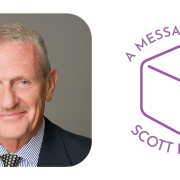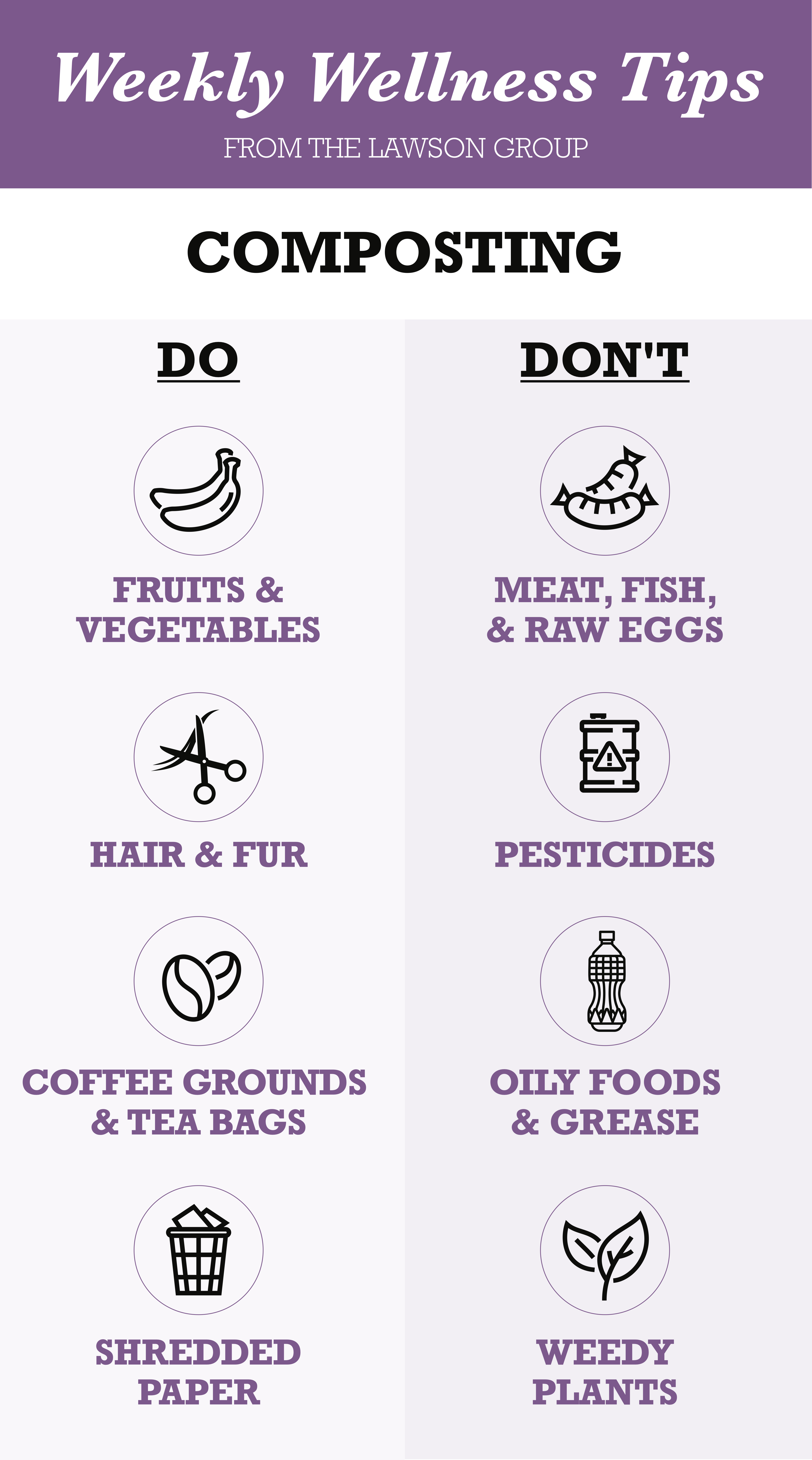Recent Articles
View All
The Lawson Group Now Offers Basic Life Support (BLS) Training for Healthcare Professionals and First Responders
The Lawson Group is excited to announce the expansion of its life-saving training programs with the addition of American…

The Lawson Group Welcomes New Health & Safety Consultant to Expand Expertise
We’re excited to welcome Ty Sullivan to The Lawson Group as our newest Health & Safety Consultant. Ty brings…

Menopause and the Modern Workforce
Menopause is a natural part of aging—but it’s rarely talked about openly, especially in the workplace. For many women, the…

Trust Member Newsletter: Message From Scott Lawson, Summer 2025
Hi all, and welcome to the summer edition of our newsletter! We have a lot going on, as we always…


